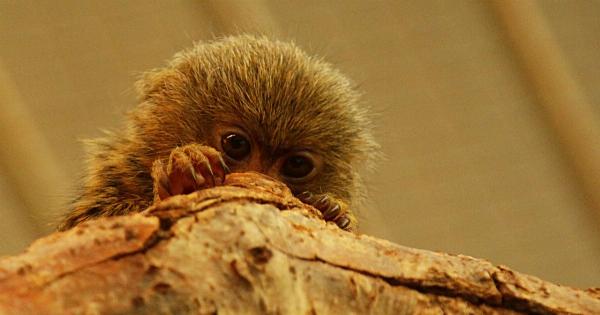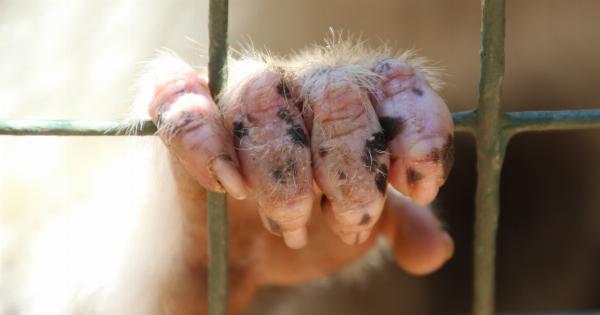A recent study published in the journal Nature Genetics has identified a DNA sequence that appears to contribute to aggressive behavior in humans.
This finding has generated controversy and discussion about the nature of violence and the role genetics plays in shaping human behavior.
The Study
The study, conducted by a team of researchers from the University of California, Los Angeles, analyzed genetic data from over 800 individuals from a variety of ethnic backgrounds.
The researchers focused on a specific DNA sequence known as the MAOA gene, which has been previously linked to aggression in animals.
Interestingly, the researchers found that individuals who had a variant of the MAOA gene known as the low-activity variant were more likely to exhibit aggressive behavior than individuals with the high-activity variant.
This effect was particularly pronounced in individuals who had experienced childhood trauma, such as abuse or neglect.
The Implications
This finding has raised important questions about the nature of violence and the role that genetics plays in shaping human behavior.
While it is important to note that genetics alone cannot determine behavior, the study suggests that certain genetic factors may increase the likelihood of aggressive tendencies in some individuals.
One possible explanation for this effect is that the low-activity variant of the MAOA gene may lead to a decrease in the neurotransmitter serotonin, which is involved in regulating mood and behavior.
This decrease in serotonin could make individuals more susceptible to impulsive, aggressive behavior.
However, it is important to note that genes do not act in isolation, and environmental factors such as childhood trauma can also play a significant role in shaping behavior.
In fact, the study found that individuals with the low-activity variant of the MAOA gene who had not experienced childhood trauma did not exhibit increased aggression.
The Ethics
Another aspect of this study that has generated controversy is the potential for misuse of this information.
While the study provides valuable insights into the biological factors that may contribute to aggressive behavior, it is important to recognize that genetics is only one piece of the puzzle. Behavior is also influenced by social and environmental factors, and it is crucial that we do not use genetic information as an excuse to ignore these other factors.
Furthermore, there is a risk that this information could be used to stigmatize individuals who have the low-activity variant of the MAOA gene, or to justify discriminatory practices.
It is important that we use this knowledge to develop interventions that promote healthy behavior and support individuals who may be at increased risk for aggressive tendencies, rather than using it to label and marginalize certain groups of people.
The Future
While this study provides important insights into the biological factors that may contribute to aggressive behavior, it is important to continue researching the complex interplay between genetics, environment, and behavior.
By understanding the multiple factors that contribute to behavior, we can develop more effective interventions and support systems for individuals who may be at increased risk for aggressive tendencies.
Furthermore, this study raises important questions about the ethical implications of genetic research.
As our understanding of the human genome advances, it is crucial that we develop frameworks for the responsible use of genetic information, and that we ensure that individuals’ privacy and autonomy are protected.
Conclusion
The discovery of the so-called “aggression gene” highlights the complex interplay between genetics, environment, and behavior, and raises important questions about the nature of violence and the ethics of genetic research.
While genetics is only one piece of the puzzle, this study provides valuable insights into the biological factors that may contribute to aggressive behavior, and underscores the importance of developing interventions and support systems that take into account the multiple factors that shape human behavior.





























